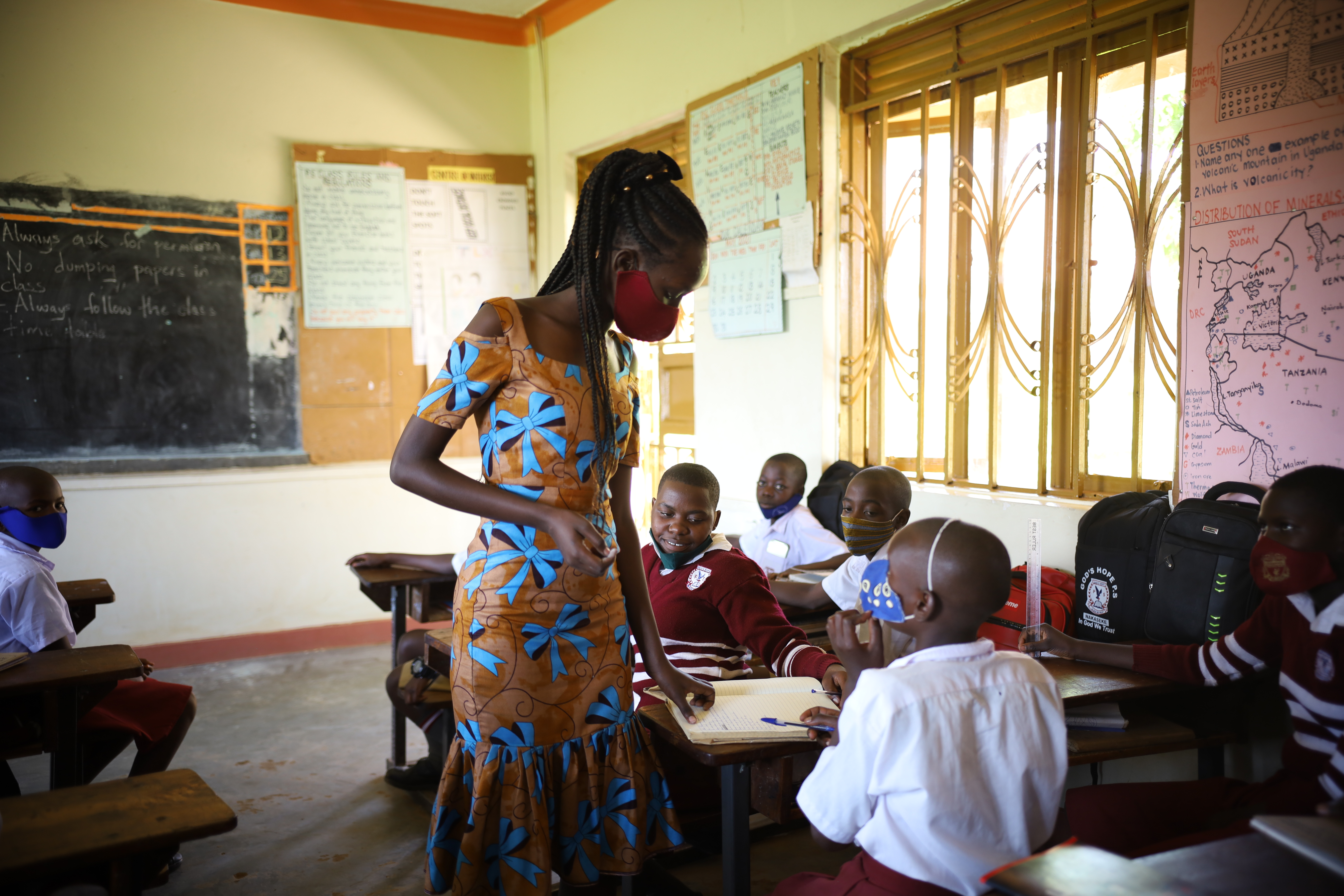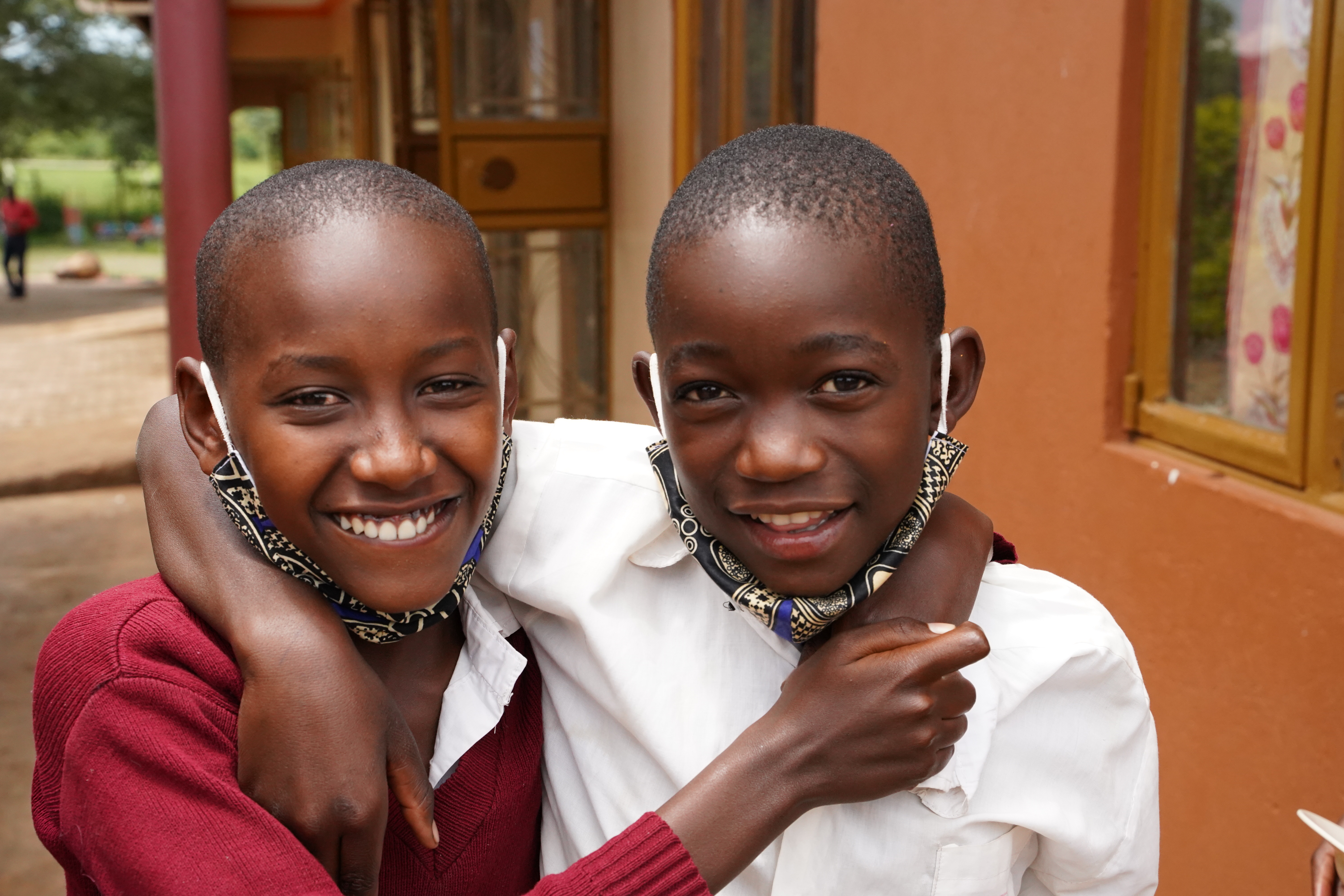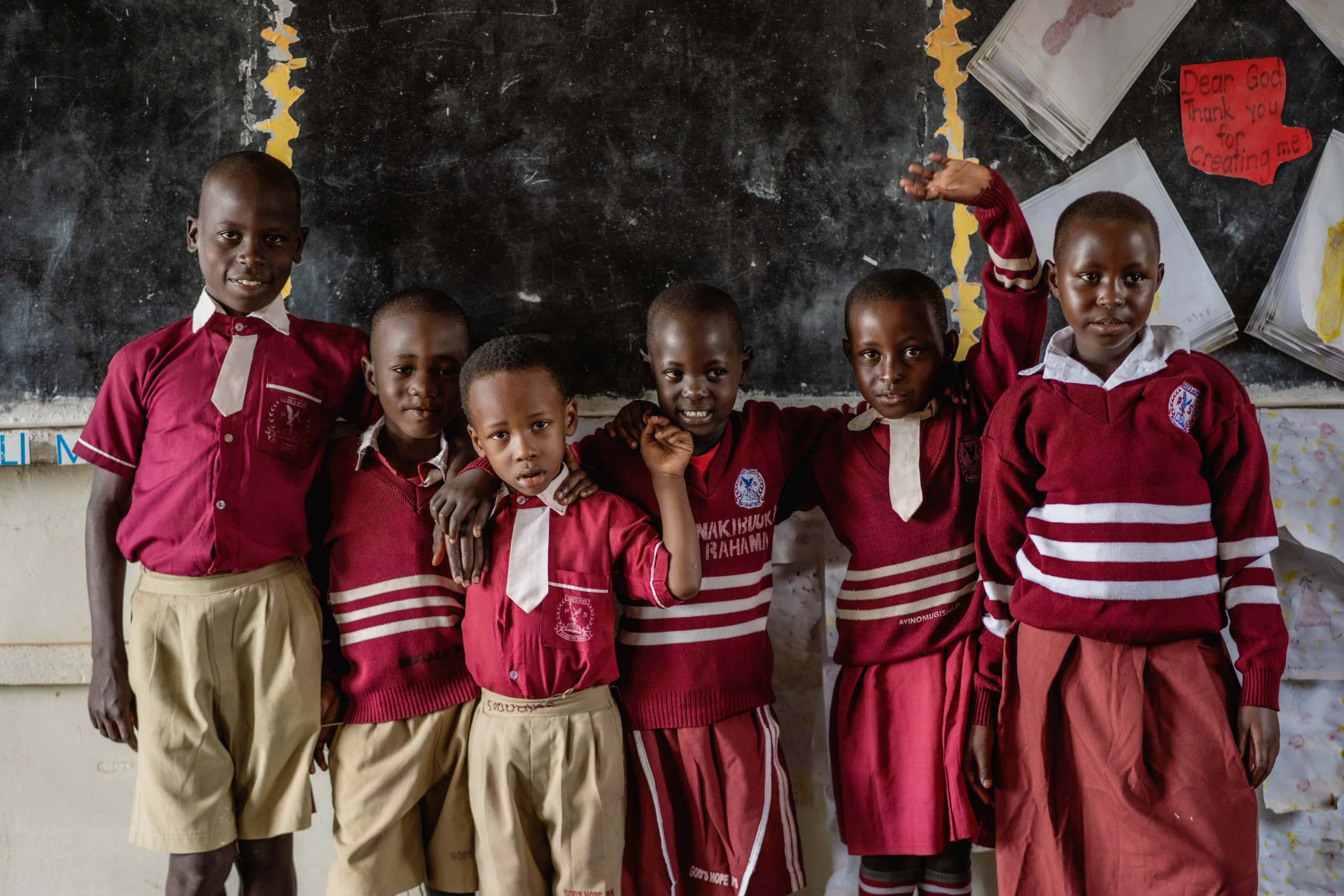The Ugandan government’s swift and comprehensive response to the COVID-19 pandemic has had a positive impact on slowing the infection rate: the nation has reported some of the lowest death rates and COVID-19 cases in Africa. Nonetheless, the compromised economy—along with inadequate access to high-quality healthcare and education—have had negative impacts on Ugandans.
Some systemic consequences of the COVID-19 pandemic include:
- Job losses. Government-imposed restrictions resulted in the closure of many businesses, leaving many unemployed or turning to agricultural work rather than more financially productive jobs. This has added to Uganda’s already-high poverty rate.
- Environmental damage. Because of the increased reliance on agricultural production, Uganda is experiencing high deforestation rates as well as soil erosion, the loss of wetlands, increased climate risk, and other environmental hazards. These can be hazardous to human health as well.
- Strained health systems. COVID-19 in Africa has overburdened an already limited public healthcare system. This has left many to rely on unregulated and expensive privatized health care. Health care expenses are paid out of pocket and drive many families deeper into poverty.
Impacts of the COVID-19 Pandemic on Children and Their Education


All of these factors have impacted Ugandan children, particularly where their education and futures are concerned. Schools have been closed for nearly two years, the longest school lockdown in the world. Some of the effects on students include:![]()
![]()
- Inequity in education. Even if schools were open, many children would be unable to attend because of their parents’ financial hardship. Others would stay at home because they or their parents fear the risk of infection.
- Barriers to learning. The Ugandan government estimates that 60% of primary school students and 44% of secondary school students have ceased learning altogether during school lockdown.
- Education-related safety concerns. When children are not in school and under supervision, they are at increased risk of being abducted or trafficked for financial gain. Children who work rather than attending school are also subject to long hours and work-related hazards.
- Education-related gender inequality. When young girls and teens are unable to attend school, they are at increased risk of child marriages, teenage pregnancy, and gender-based violence.
School attendance helps keep children safe, promotes gender equality, and teaches them about disease prevention and other wellness practices. People anywhere in the world can help by supporting Ugandan schools, which provide children with the tools they need to build a more promising future.
Simone’s Kids in Nakaseke, Uganda provides education and meets basic needs for children in order to help them break the cycle of poverty. Your donations help purchase school supplies, textbooks, food, and other necessities for Ugandan students. Make a difference by shopping at the Simone’s Kids Store or donating to Simone’s Kids today!



Leave a Reply
Want to join the discussion?Feel free to contribute!